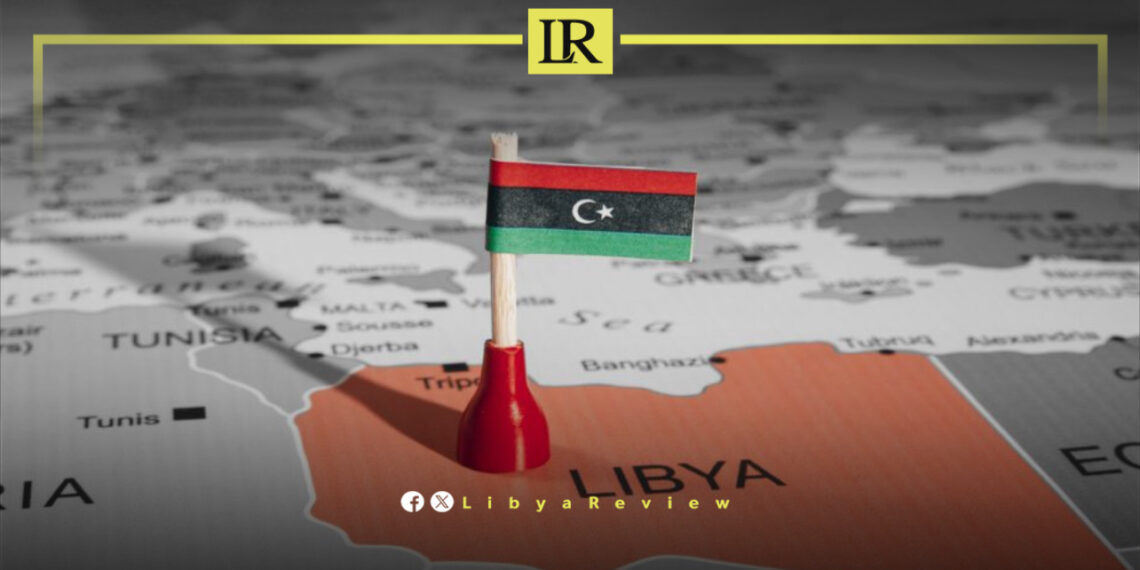Greece has signaled its willingness to engage in direct negotiations with Libya despite a deep and unresolved dispute over maritime boundaries in the Mediterranean.
The row has persisted for years, centering on overlapping claims to each nation’s Exclusive Economic Zone (EEZ) and continental shelf.
Athens recently submitted a detailed file to the United Nations formally rejecting Libya’s claims. According to the Greek government, the contested areas, particularly south of Crete and the Peloponnese, fall entirely within Greek jurisdiction under international maritime law. This position directly challenges the 2019 maritime agreement signed between Libya’s then-UN-backed Government of National Accord (GNA) in Tripoli and Turkey, which Greece says unlawfully ignores the maritime rights of its islands.
Despite this firm rejection, Greece has restated its readiness to form a joint technical team with Libya to work toward an agreed demarcation of maritime zones. Officials in Athens say such talks could ease tensions, create legal clarity, and open the door to wider political and economic cooperation.
Analysts note that Athens’ approach comes amid efforts to repair strained ties with Libya, even as the maritime dispute remains politically charged and closely linked to broader Eastern Mediterranean energy exploration and security issues. Greek officials view structured dialogue as the most viable path to finding common ground, particularly in light of shifting regional alliances and competing offshore resource ambitions.
The dispute continues to be one of the most contentious elements in bilateral relations, with both sides determined to defend their positions. However, Greece’s call for “constructive, good-faith” talks suggests that, despite the legal and political gulf, Athens sees potential for a negotiated settlement that could stabilize relations and reduce the risk of further escalation.


